Moscow calls EU move to phase out Russian oil 'self-destructive'
Moscow warns that the European Union’s bid to phase out the bloc’s dependence on Russian oil does more harm than good, calling it a "self-destructive" step that could backfire on the EU.
"The European Union's decisions to partially phase out Russian oil and oil products, as well as to ban insurance on Russian merchant ships, are highly likely to provoke further price increases, destabilize energy markets, and disrupt supply chains," Russia's foreign ministry said in a statement on Thursday.
The warning comes after earlier in the day, the 27-nation bloc agreed to a sixth round of sanctions against Russia over its February-present military operation in Ukraine.
Russian President Vladimir Putin announced the “special” military operation in order to “demilitarize” the Donetsk and Lugansk regions in eastern Ukraine, which together form the Donbas region. In 2014, the two regions declared themselves new republics, refusing to recognize Ukraine’s Western-backed government.
Ordering the operation, Putin said the mission was aimed at “defending people who for eight years were suffering persecution and genocide by the Kiev regime.”
Moscow has vowed to stop the operation once its list of security demands were met. The demands include Ukraine's refusal to join the Western military alliance of NATO and its provision of due protection for Russia's interests on its soil.
The economic sanctions would cut 90 percent of the EU’s dependence on the Russian crude, penalize the country’s top bank Sberbank, and also effect an “immediate” ban on insuring ships carrying Russian oil elsewhere, Reuters reported.
"This will reduce Russia's capacity to finance its war," the head of the EU's executive Commission, Ursula von der Leyen, said of the measures.
Objections on the part of Hungary, Slovakia, and the Czech Republic—all landlocked EU nations—however, won them an exemption for a main pipeline that carries the Russian crude to the threesome states.
Kremlin unimpressed
Amid a Western media fanfare about the sanctions, the Kremlin played down the bans, saying the measures would not do much in the way of slashing Russia’s oil revenues.
"Of course, Russia will not sell anything at a loss. If somewhere demand is falling that means that in another place it is increasing - the flows are re-routed," said Kremlin spokesman Dmitry Peskov.

Russian consulate in France comes under attack on Ukraine war anniversary
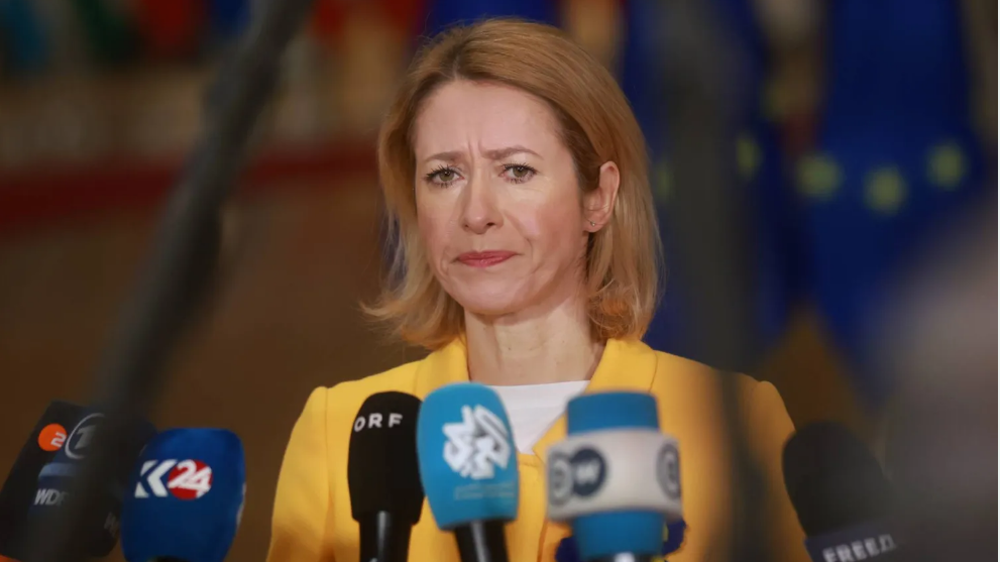
EU imposes new sanctions on Russia on third anniversary of Ukraine war
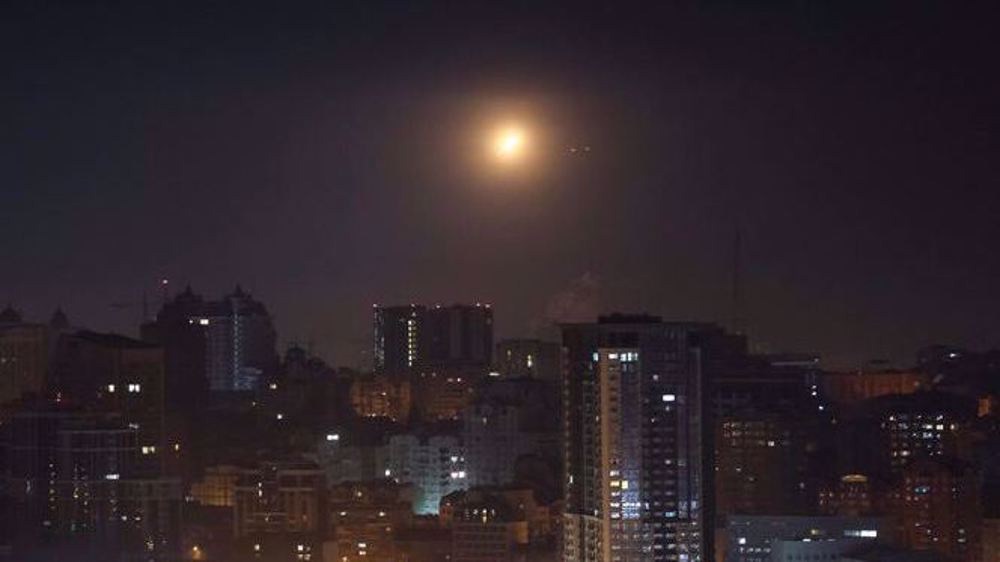
Russia launches ‘record’ strikes on Ukraine: Kiev
Shocking details of Israeli army’s massacre of 90 civilians from Juha family in Gaza
VIDEO | Lebanese resistance remains alive
Iran’s daily sweet gas production peaks at 870 mcm: NIGC
Nasrallah shattered myth of Israeli military’s invincibility: Top Yemeni official
Iran says it has attracted $8.2bn of foreign investment since Aug
‘Misguided policies’: Araghchi says unjust sanctions inflict suffering on innocent Iranians
Iran summons Polish envoy over 'baseless, biased' drone claims
Election winner conservative Merz invites Netanyahu to Germany despite ICC warrant


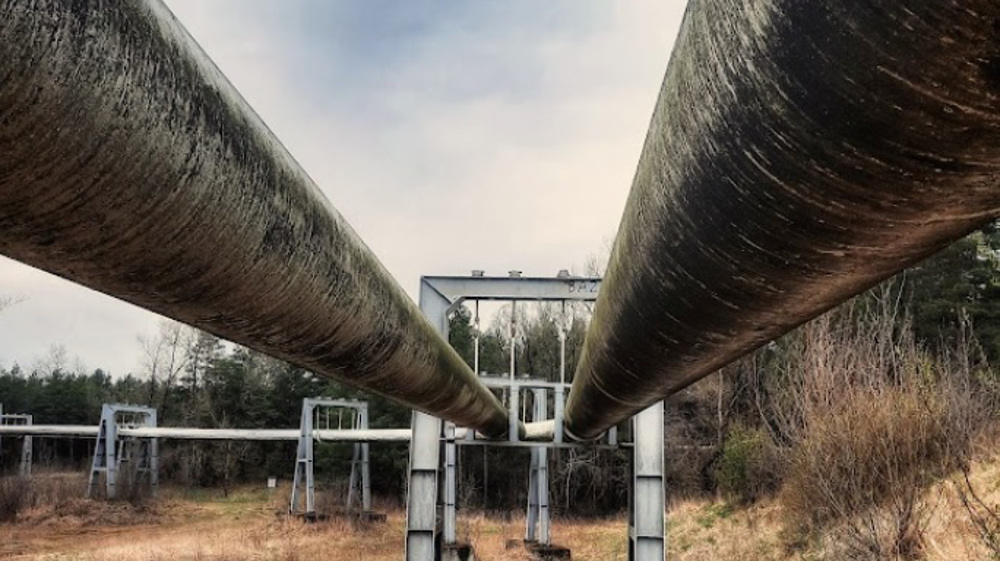
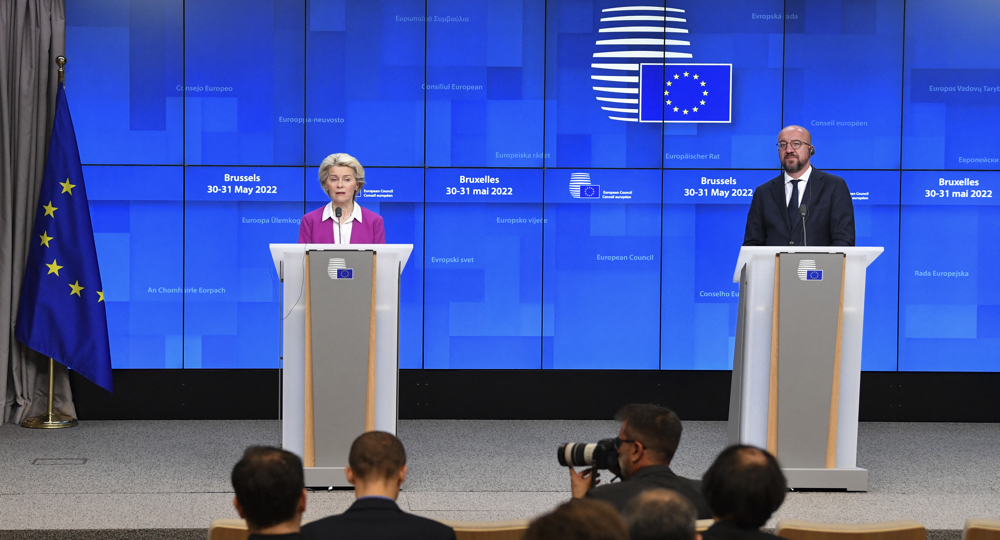




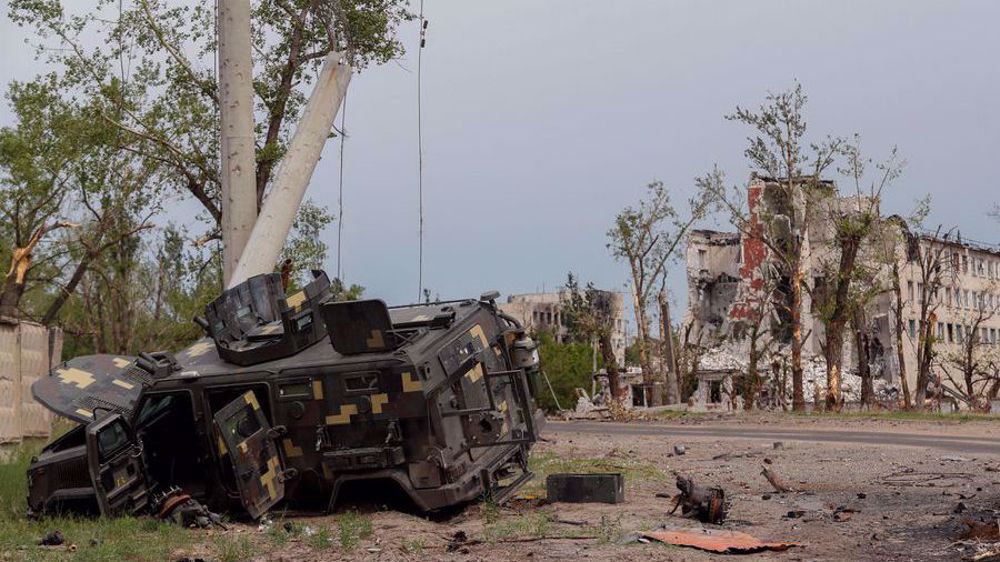
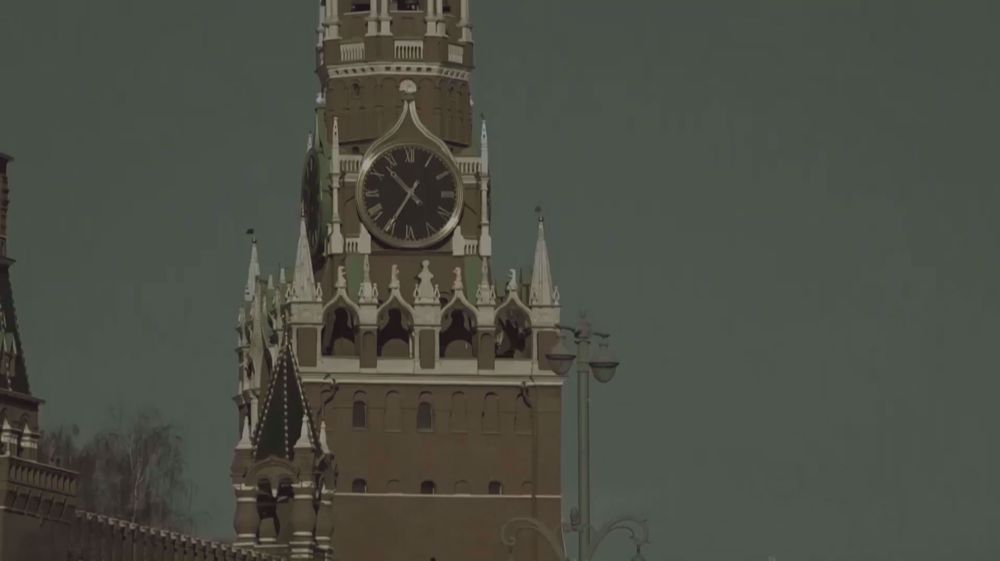

 This makes it easy to access the Press TV website
This makes it easy to access the Press TV website